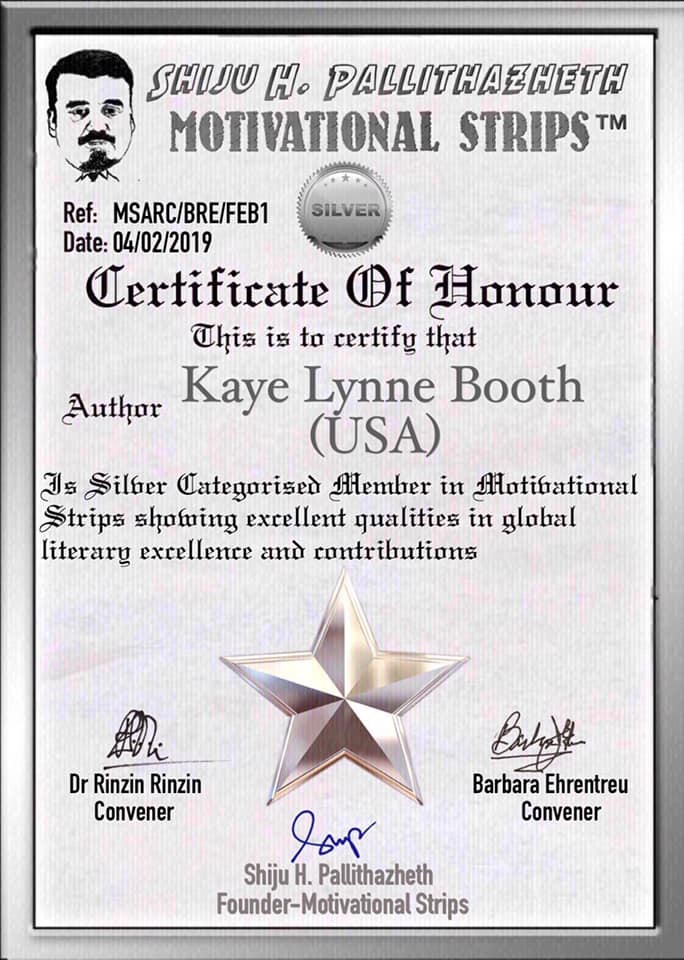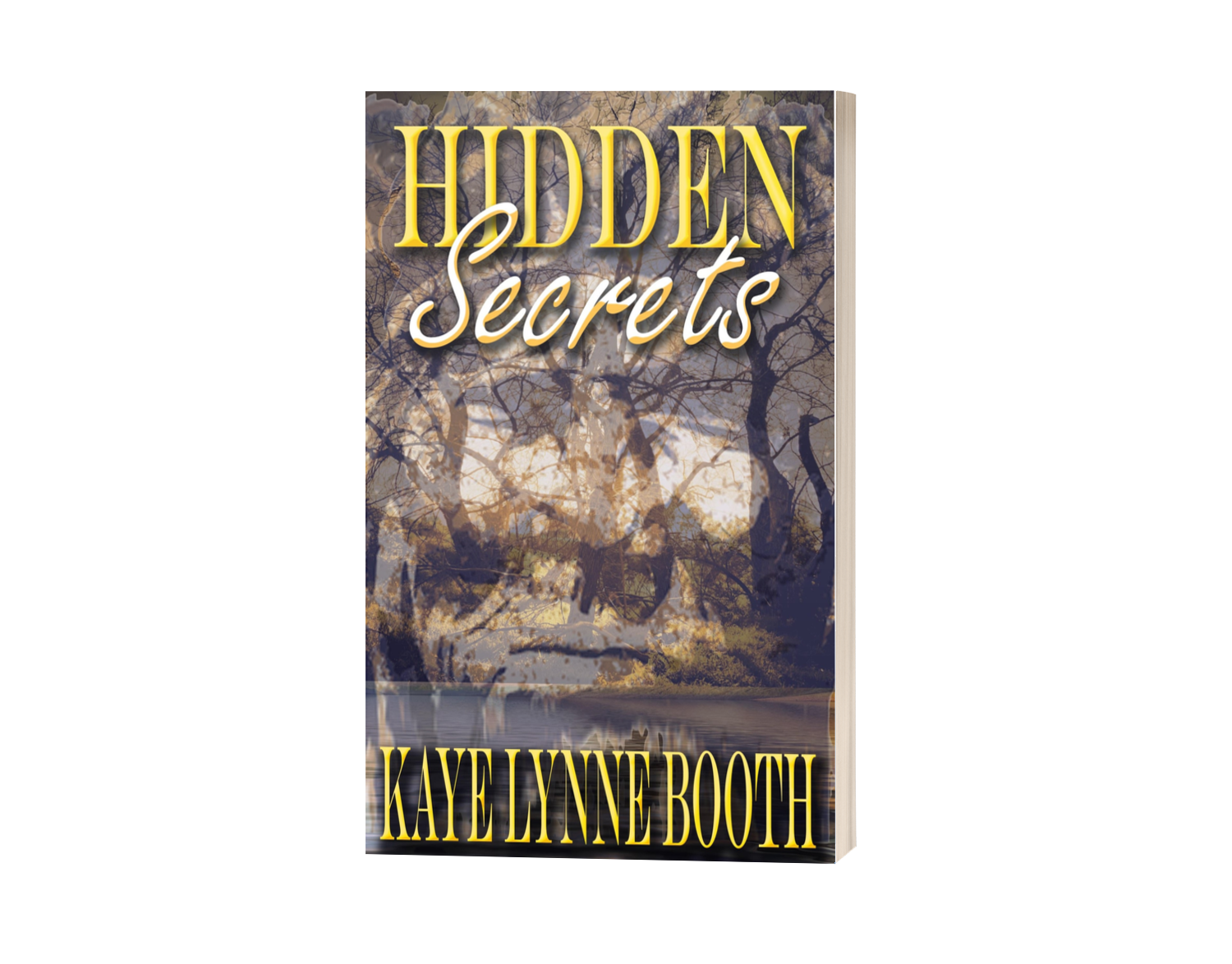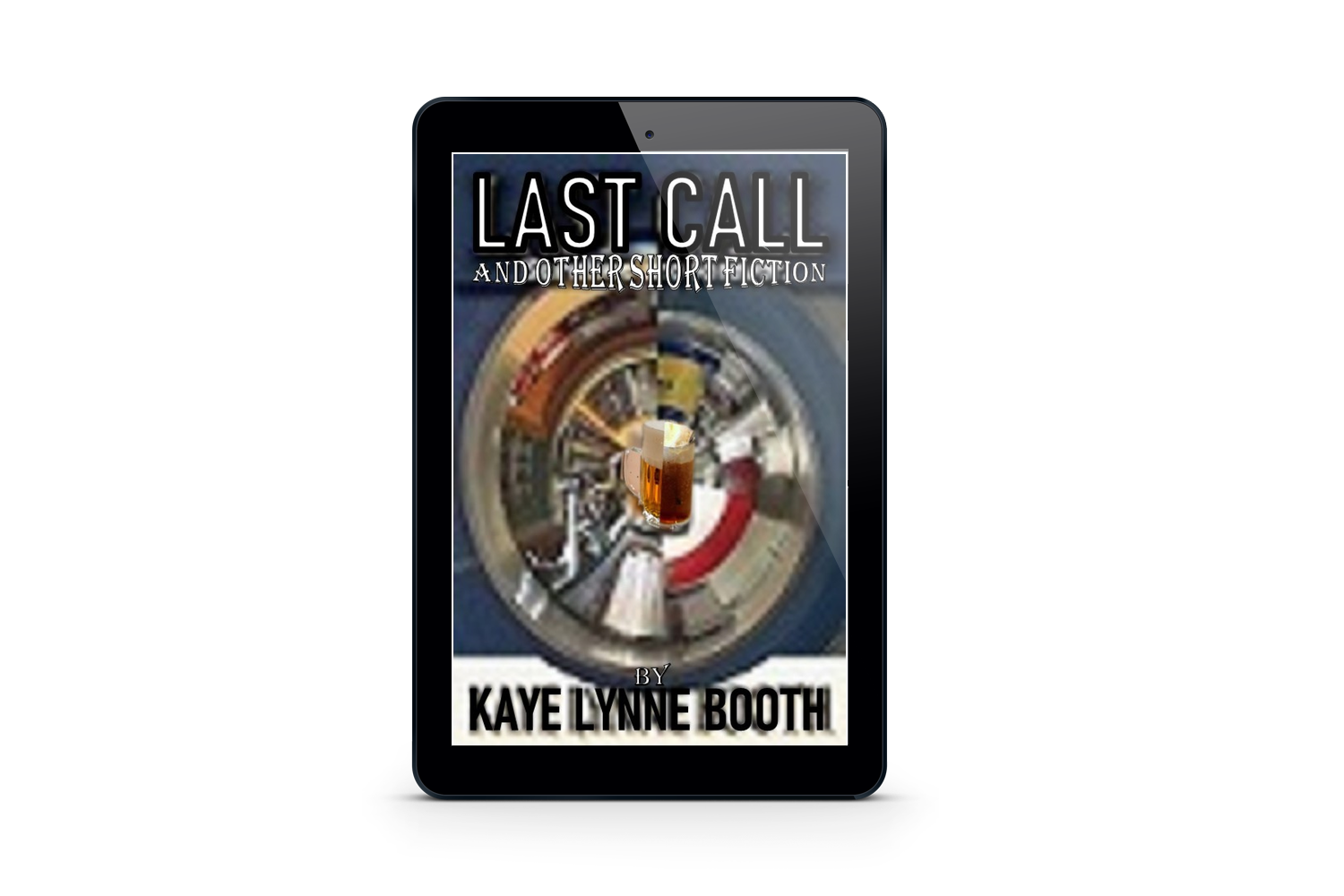Lessons learned from NaNoWriMo
Posted: November 30, 2022 Filed under: Books, Fiction, Writing, Writing Challenge | Tags: Kaye Lynne Booth, NaNoWriMo, The Rock Star & the Outlaw, Writing to be Read 7 CommentsLet me start by saying, I did not write 50,000 words in November. I can’t say that I accomplished the goal, but I did come out with a manuscript of over 50,000 words, so I didn’t walk away empty handed.
For NaNoWriMo this year, I decided to work on my Western time-travel romance adventure, The Rock Star & the Outlaw. I already had a start on this story of 21,175 words, so I figured if I did manage to do 50,000 words, I would damn near have a full novel. And I did that, so I’m pleased with the results of this experience.
I’ve known that I am not a prolific writer like some authors I know. I will never crank out four or five novels in a year’s time, and I’m okay with that. But NaNoWriMo did teach me a few things about my own writing process which help to explain why I’m not prolific, which is like to share with you.
Time Management
I began this endeavor with the idea of trying out some of the writing strategies offered in Booked to the Gills, by Aisley Oliphant. It’s one of the books included in the valuable Writer’s Career Toolkit Bundle, curated by Kevin J. Anderson. (By the way, this is the lady day that you can get that bundle here.)
Her time blocking strategy was of particular interest to me, and I did find it to be useful. I found that when I put in the time without distractions, I was able to get a lot of words on the page, which was cool. But for me, the time blocks didn’t always work because life kept getting in the way, and things kept coming up that had to be tended to, so my blocks got cut short, or canceled. I found that it worked better for me, if I used smaller time blocks, with short breaks to do non-writing activities in between.
Although I did make the daily wordcount once on a workday by waking in the early morning hours before going to work, for the most part I found that I shouldn’t expect too much productive writing for these days. I found that these days, I’m generally too tired in the evenings to manage much in the way of productive writing, often only managing somewhere undr 500 words per day. Trying to time block my evenings on workdays didn’t work well and I was forced to accept that lower word counts were the norm on these days.
I was surprised to realize this, because I used to be able to write after work into the late night or early morning hours, and I did so frequently when I was earning my degrees in genre fiction and screenwriting. I must be getting old. Other things I used to be able to do, that no longer work for me include writing in the car while someone else is driving. I now get car sick when I try this tactic. Also, writing in bed. I can no longer stay awake into the late night hours, so I end up dozing off with my computer in my lap. But I also found that I am often awakening in the early morning hours and not being able to go back to sleep, and I am able to use those times to effectively write.
I also found Ms. Oliphant’s suggestion to take frequent breaks helpful. I used to be able to sit at my computer for hours on end, but it wears on me more as I get older. Frequent breaks to do other things allowed me to keep my head clutter free and improved my focus when I was writing. And I was surprised that most of these lessons are more about time management than they are about writing.

Writing Process
After compiling two Ask the Authors anthologies and organizing two virtual writing conferences, and working with over fifty authors, there’s one thing I’m sure of. Not every writer’s process is the same, and it is important for you to understand your own process. Some writer’s are pantsers, writing blind and allowing the story to develop organically, while others are plotters who outline down to the last detail, but most are somewhere in between. Some writers need quiet while writing, and others like to write while their favorite playlist plays in the background. Some writers are binge writers, who lock themselvews in a room and don’t come out until the book is finished, or they set crazy word counts for themselves each day and write like mad, while others take their time pecking out every word and editing as they go.
Now I know that for NaNoWriMo the idea is to get out a first draft, which is supposed to be rough. I get that. It doesn’t have to be perfect. There will be time to refine it later. However, my writing process doesn’t work like that. Try as I might, I repeatedly ran into scenes where I had to go back and add in foreshadowing for the story to work. Binge writing without editing as I go simply is not part of my writing process. I’m not wired that way. This could be a part of the reason that I am not prolific, but for me, editing as I go is essential.
I started with a rough outline for this story that I hadn’t looked at in almost two years, and 21,175 words already written, so I really only wrote about 24,000 words when I reached the 50,000 word mark. What I ran into early on was that my outline had a logic error which I had to go back and fix, so this quickly became a working outline, which changed as the story progressed. But that meant that any time I changed something in the story, I had to go back and change the outline, too. Again, this takes extra time away from the actual writing, but it was necessary to keep my story moving smoothly.
It also made the second half of the month a blind writing process, requiring time to think through things and figure out what came next. You can’t write fast when you don’t know what you are writing. And many of the events added later required me to go back and foreshadow the new event, or change things which had come before and no longer worked.
Although the goal was to write 1,677 or more words per day, very seldom was I able to meet that goal. Binge writing works for some, but it doesn’t work for me. However, it did help to make the story a priority. Not one day went by that I didn’t add at least a little, even on workdays. My lowest day was 123 words.
When I set out to get my M.F.A. in 2012, I thought I was a pantser, mainly because I hated outlines and prefered to just write. Unfortunately, that process left me with several stories which went no where. Then, I learned that outlined could offer my story direction which I didn’t have otherwise, and it helped to have some idea of where my story is going. So, it turns out that maybe I’m a plotter, and I’ve gone along believing that ever since, which is why I already had an outline for The Rock Star & The Outlaw.
Fortunately, outlines can be changed, since the trajectories for my stories frequently change. My characters often do things that were unexpected, which change the direction of the story, and I must go back and change things in both the story and in the outline. I now view my outlines as working outlines and change them as the story changes, and I changed this one frequently. I guess that makes me a plantser, which is somewhere in between a plotter and a pantser, because I plan, but remain flexible enough to adjust things as I go. It probably takes more time, but that’s how I roll.
Although this story was inspired by the music of The Pretty Reckless and others, I did not try listening to music while I wrote. I did however, listen while I was commuting or cleaning, or ironing, because this is when I do my pre-writing, thinking out the story as I did these mostly automatic tasks. Music is what inspired this story, and it plays a huge role, but if I try to listen while I write, I often catch myself singing along instead of writing.
The Main Take Away
I think what is important to take away from all of this, is that you have to do what works best for you. Every writer’s process is different, and what works for one writer may not necessarily work for the next. The advice offered in Booked to the Gills is valuable, but some of it just didn’t fit my lifestyle. However, I was able to find ways to adapt it by creating smaller blocks that worked better with my busy life and many obligations. Binge writing didn’t work for me either, but I was able to apply some of the same dedication that binge writing requires. And I adjusted my process when my outline wasn’t getting me to where I needed to be, and I went back and revised the story when I felt it necessary, because that is the way my writing process works.
Every author needs to explore different avenues until they find the methods which work with their life and writing styles. Then they can develop a writing process that works for them. There is no right or wrong way to write. Whether you’re a pantser or a plotter, or somewhere in between, whether you’re a binge writer or edit as you go, whether you listen to music or talk your books on a mountain trail. Whatever works for you is the right way for you, and don’t be afraid to try new methods and strategies.
_______________________________________________________

For Kaye Lynne Booth, writing is a passion. Kaye Lynne is an author with published short fiction and poetry, both online and in print, including her short story collection, Last Call and Other Short Fiction; and her paranormal mystery novella, Hidden Secrets. Kaye holds a dual M.F.A. degree in Creative Writing with emphasis in genre fiction and screenwriting, and an M.A. in publishing. Kaye Lynne is the founder of WordCrafter Quality Writing & Author Services and WordCrafter Press. She also maintains an authors’ blog and website, Writing to be Read, where she publishes content of interest in the literary world.
__________________________________________________________________
Join Kaye Lynne Booth & WordCrafter Press Readers’ Group for WordCrafter Press book & event news, including the awesome releases of author Kaye Lynne Booth. Get a free digital copy of her short story collection, Last Call and Other Short Fiction, as a sampling of her works just for joining.
















Thank you for sharing your NaNoWriMo experience. You are right in that every writer has a different process.
LikeLiked by 1 person
Yes, and it only makes sense to do what works for you. Thanks for reading and commenting. 🙂
LikeLiked by 1 person
Thanks for sharing your experience and your thoughts. November is the worst month for me to try to write, there are so many things to do to get ready for winter. After a 42-year-long career sitting in front of a monitor of some kind, I can say that taking breaks from the computer, whether writing or not, is a good idea. Even if it’s just to walk around.
LikeLiked by 1 person
Thanks for reading and commenting, Dan. ☺️
LikeLiked by 1 person
Hi Kaye, I think my writing process is much like yours. I can’t binge write and I must edit as I go along. I am also not prolific but we both have to remember that we work and that takes a lot of time and energy.
LikeLiked by 1 person
Yes, it does take both time and energy. I found that when I could put in the time, the words flowed rather quickly. I think on days when I’m not working and can give writing it’s due, about 1200 -1400 words are about my average. ☺️
LikeLiked by 1 person
Yes, I’m about the same 💞
LikeLiked by 1 person